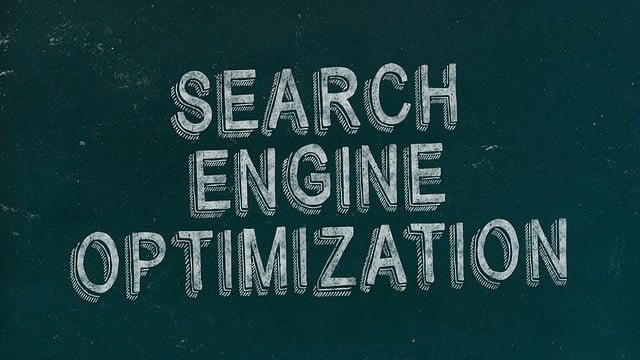AI customer-focused tools are transforming auto repair by leveraging machine learning to analyze data, predict maintenance needs, and personalize recommendations. This results in improved efficiency, reduced unnecessary repairs, and enhanced customer satisfaction. To effectively integrate these tools, automotive shops should implement a strategic plan including data gathering, system integration, workflow customization, and continuous staff training through AI-focused programs that cover data analysis, machine learning, and AI ethics.
The automotive industry is undergoing a quiet revolution, driven by artificial intelligence (AI). For auto repair shops, embracing AI offers more than just increased efficiency; it’s crucial for staying competitive. This article explores why integrating AI into shop operations is essential and delves into the key components of effective training programs. We discuss specific AI customer-focused tools that enhance service quality, streamline processes, and drive business growth.
- Understanding the Need for AI Integration in Auto Repair Shops
- Key Components of an Effective AI Training Program
- Benefits and Implementation Strategies for AI Customer-Focused Tools
Understanding the Need for AI Integration in Auto Repair Shops

In today’s digital era, AI integration is no longer an option but a necessity for automotive shops to stay competitive. The traditional, manual approaches to auto repair are being swiftly revolutionized by customer-focused tools powered by AI. These advanced systems offer numerous benefits, from streamlining routine tasks to enhancing diagnostic precision. By leveraging machine learning algorithms, AI tools can analyze vast amounts of data to identify patterns and potential issues, enabling mechanics to make more informed decisions.
Moreover, AI customer-focused tools for auto repair shops significantly improve the overall customer experience. They can provide personalized recommendations, automate scheduling, and offer real-time updates on vehicle status. This level of efficiency and transparency builds trust and fosters stronger relationships between businesses and their clients. As competition intensifies, adopting these innovative AI solutions is crucial for automotive shops to stay ahead in the market while delivering top-notch services.
Key Components of an Effective AI Training Program

An effective AI training program for automotive shops should focus on several key components to ensure maximum impact and adoption. Firstly, it’s crucial to equip employees with a deep understanding of AI customer-focused tools designed specifically for auto repair shops. This includes demonstrations and hands-on practice using AI technologies that streamline diagnostics, estimate repairs more accurately, and provide personalized recommendations to customers.
Secondly, the program should foster a culture of continuous learning. Regular updates on new AI features, best practices for implementation, and case studies showcasing successful shop integrations will keep staff engaged and inspired. Additionally, providing resources for ongoing skill development in data analysis, machine learning fundamentals, and AI ethics ensures that employees are well-equipped to navigate the evolving landscape of automotive technology.
Benefits and Implementation Strategies for AI Customer-Focused Tools

AI customer-focused tools are transforming automotive shops by offering enhanced efficiency and improved customer experiences. These tools utilize machine learning algorithms to analyze vast amounts of data, from service histories to customer feedback, to predict maintenance needs and personalize recommendations. This proactive approach enables auto repair shops to provide targeted services, reducing unnecessary repairs and increasing customer satisfaction.
Implementing AI customer-focused tools requires a strategic plan. Shops should start by gathering and organizing relevant data, ensuring its quality and accessibility for AI models. Integration with existing systems, such as point-of-sale software and inventory management platforms, is crucial for seamless operation. Customization options that align with the shop’s unique workflows and customer base are essential, allowing for tailored solutions that maximize benefits. Regular updates and training ensure the models stay accurate and relevant in a rapidly evolving automotive landscape.
AI integration is no longer a choice but a necessity for automotive shops to stay competitive. By implementing effective AI customer-focused tools, these businesses can enhance efficiency, improve diagnostics accuracy, and deliver personalized experiences. A well-structured training program that covers data management, machine learning algorithms, and continuous learning is crucial to harnessing the full potential of AI. Adopting these advanced technologies not only benefits auto repair shops but also ensures they meet modern customer expectations for quick, reliable, and tech-savvy service.
